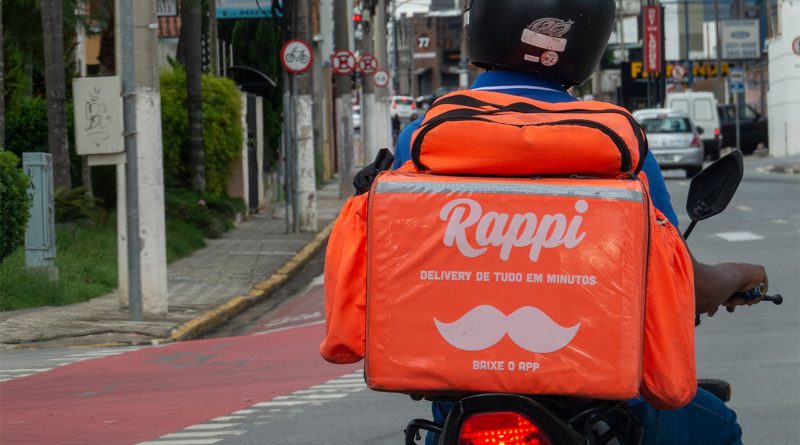Amazon signals regional ambition in Latin America with stake in Rappi
Subscribe to our free newsletter today to keep up to date with the latest transportation and logistics news.
Amazon gained exposure to Rappi through a convertible note reported at about 25 million dollars that can become as much as 12 percent of the company if milestones are met. That structure gives Amazon protection and timing flexibility, while giving Rappi a strategic partner without immediate dilution in a priced round. In practice, a note lets Amazon study the business from the inside and convert only if the partnership performs.
What Amazon gains across logistics, Prime, and AWS
Rappi is a regional super app that spans food, grocery, courier, and financial services, operating in nine countries and hundreds of cities. Plugging into that network can accelerate last mile speed for Amazon orders in dense metros where building delivery density alone can take years.
The synergy goes beyond vans and riders. Rappi already runs workloads on AWS, and the Mexico cloud region that opened in January 2025 trimmed latency and addressed data residency, making joint technical work easier. If Amazon leans in, the partnership can tie retail demand, payments, and cloud into a tighter flywheel across Mexico, Colombia, and Brazil.
Rappi’s footprint, unit economics progress, and readiness
Rappi’s scale is substantial. It operates across nine countries with more than 400 cities served and tens of millions of users. After a break-even year in 2023, management directed new capital toward rapid delivery in Mexico, a market where speed is a decisive factor for share. The company has also emphasized cloud cost control and observability, critical in a thin-margin model. These operational signals, combined with the possibility of an IPO, explain why a strategic note from Amazon arrived now.
MercadoLibre remains the region’s heavyweight with an integrated commerce, fintech, and logistics stack. Its 2025 spending plans show determination to widen its lead, including 34 billion reais in Brazil and 3.4 billion dollars in Mexico. Amazon’s link with Rappi does not erase MercadoLibre’s advantage, but it can narrow the time to service parity in major cities. Faster delivery windows and broader assortment drive repeat rates, so even modest speed gains can add up. Local grocers, pharmacies, and quick commerce players are likely to feel near-term pressure as fulfillment density shifts.
Three markers will show whether the note converts. First, service outcomes, including on-time rates and cancellation cuts where Amazon volume blends into Rappi’s fleet. Second, technical depth, measured by joint use of AWS services in the new Mexico region and spillover into Colombia and Brazil. Third, capital markets readiness, since a profitable profile sets up options ranging from a primary raise to an eventual listing. If these pieces align, the note can become equity and reset the region’s delivery map.
Sources:
